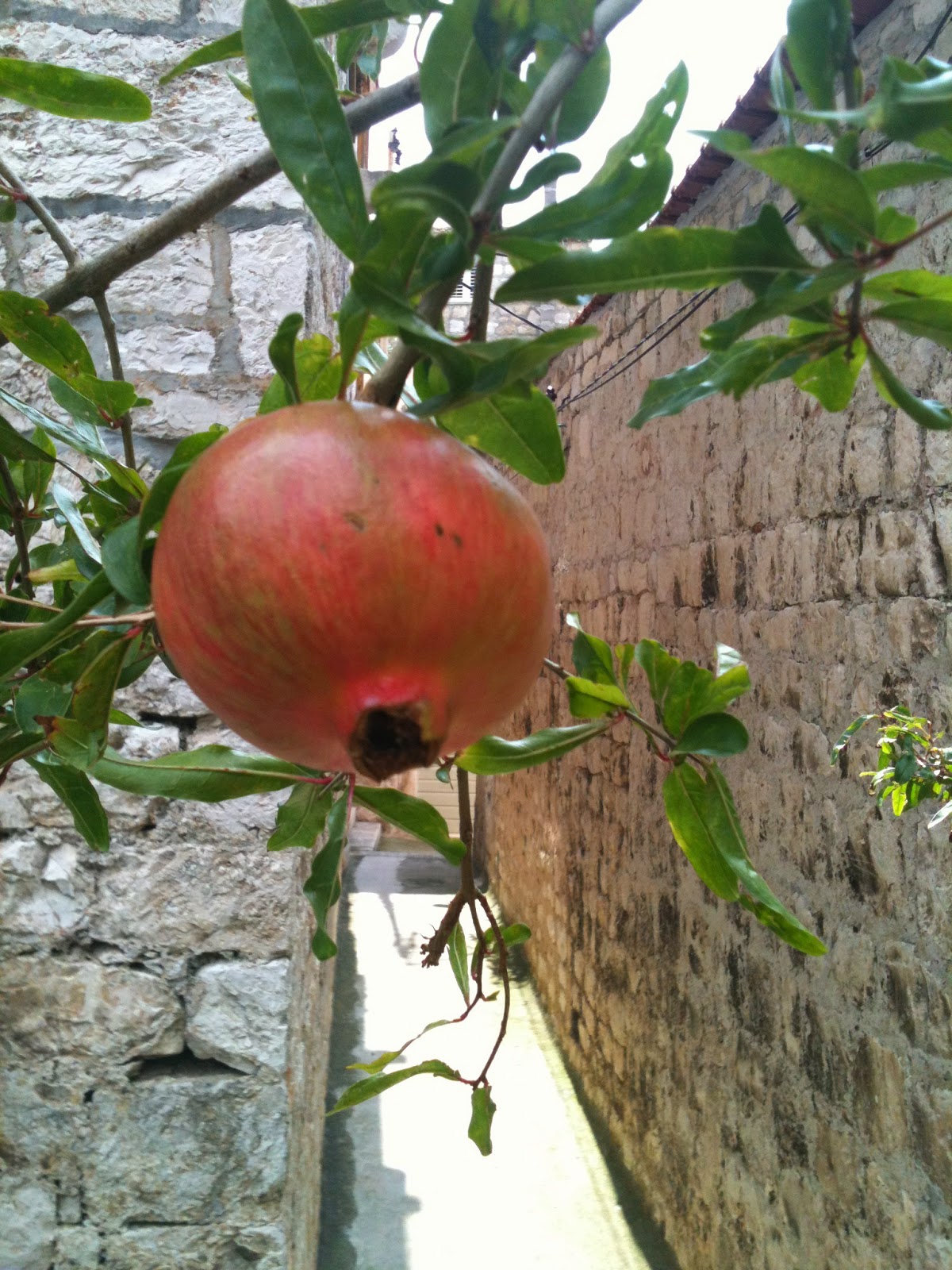Today, Jews across the globe abstain from consuming either food or drink, reflecting on the past year of transgressions. Yom Kippur, literally the 'Day of Atonement', began last night at sunset and will conclude today at the same time. While initiating this period of self-analysis last night, I was quite surprised to hear 'climate change' and 'sustainability' creep into the sermon. Why was environmentalism creeping into this little collective of Oxford Jewry?
The answer? Shmita.
Now, before you close the tab and write off My Munchable for Shmita is not what it sounds like it potentially means. Just like many religions provide the seventh day of the week as a sabbath, a day of rest, Jewish tradition likes to provide the seventh year as one of 'release' for the land. Historically, in society's agrarian age, this year would one in which farmers leave their lands fallow (and debts are forgiven, and a few other nitty gritty little details). Whatever grew naturally (kinda like One Straw Revolution...) could be harvested freely by the poor, and the rest left for the wild animals. Now, I've written about this connection between holidays and land management before - the ties with long-term sustainability and social safeguards for those marginalized and in poverty.
But think about it for a moment. Religions often either helped to explain nature phenomenon that we could not understand, or put in place rules that ensured resources would not run out. Setting a year aside for fallow lets the soil replenish nutrients and restore structure, so that the land does not become too exhausted and degraded. This isn't relegated to the Jewish faith; many cultures have taboos in place that regulate the amount of water taken at certain times of year, or days when venturing onto the farm or into the forest is forbidden.
The problem, though, is that modern society does not encourage or appreciate these very practical pauses. In order to get around the whole not being able to farm dilemma, rabbis have created one of the many famous loopholes (see a previous Passover rant): you are a farmer who needs to make a living, so you sell your farm to a non-Jew for the year of shmita. Problem solved. Yet this commoditization just misses the whole point of good land stewardship! And in modern society this is not just an agricultural issue. We consume non-stop - energy, water, computer time, bad tv shows - with no thought that in the long-haul, this just can't last.
In his sermon, the rabbi last night challenged all of us to take a shmita year. Not from farming, as I would guess very few in the room farmed for a living. But rather, unplug a bit, take a break from all the external stimuli and constant distractions, and enjoy what 'Mother Earth' actually has to offer. This advice may seem painfully simple. That said, an appreciation for the natural world is in itself a step towards a sustainable future.
Want to understand shmita more? Read this nifty handbook from Hazon! It is pretty fantastic, laying out contemporary alternative farming tactics (and ways to live generally) to meet the shmita principles every day and not every seven years. To all those observing, may you have a meaningful fast.


No comments:
Post a Comment